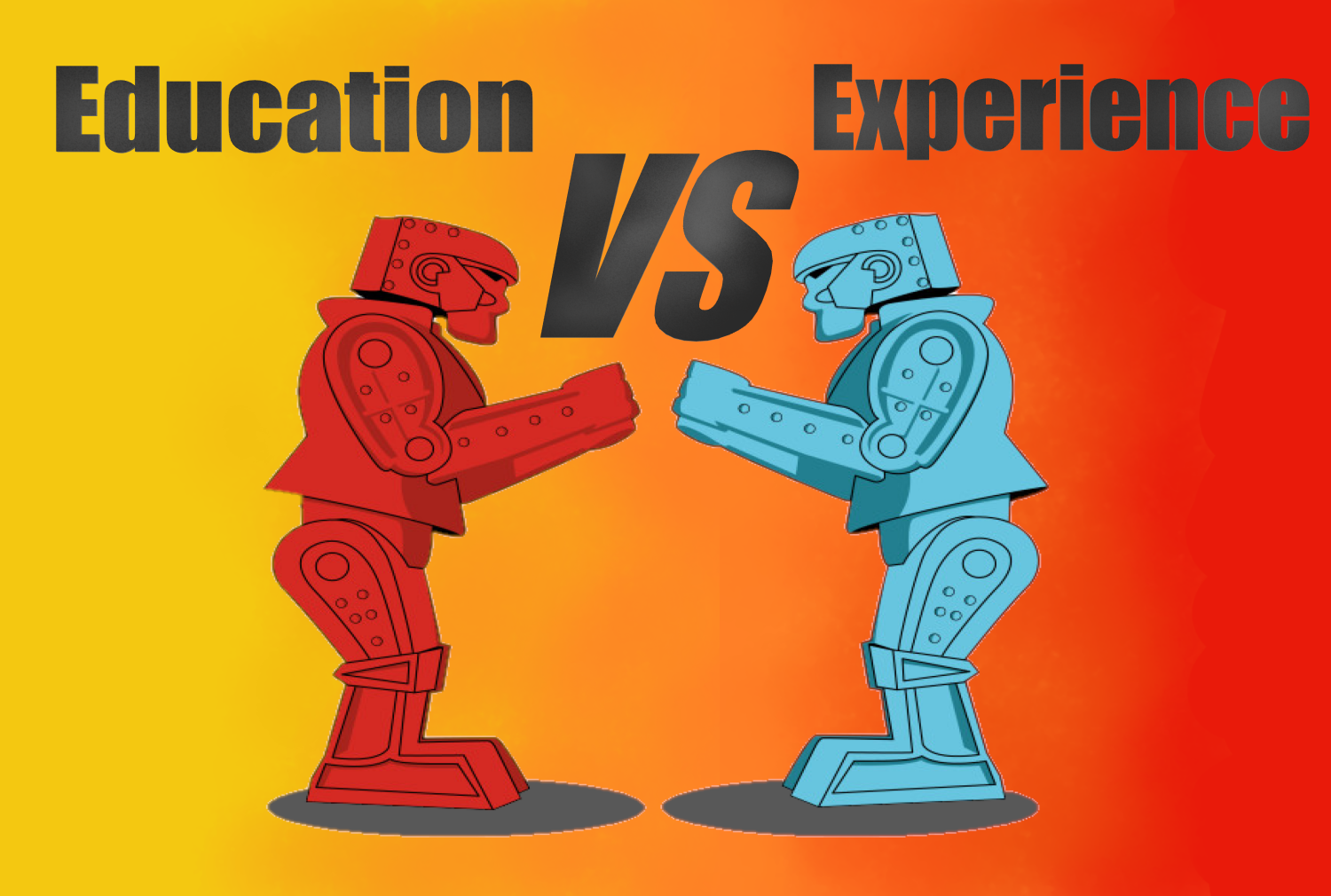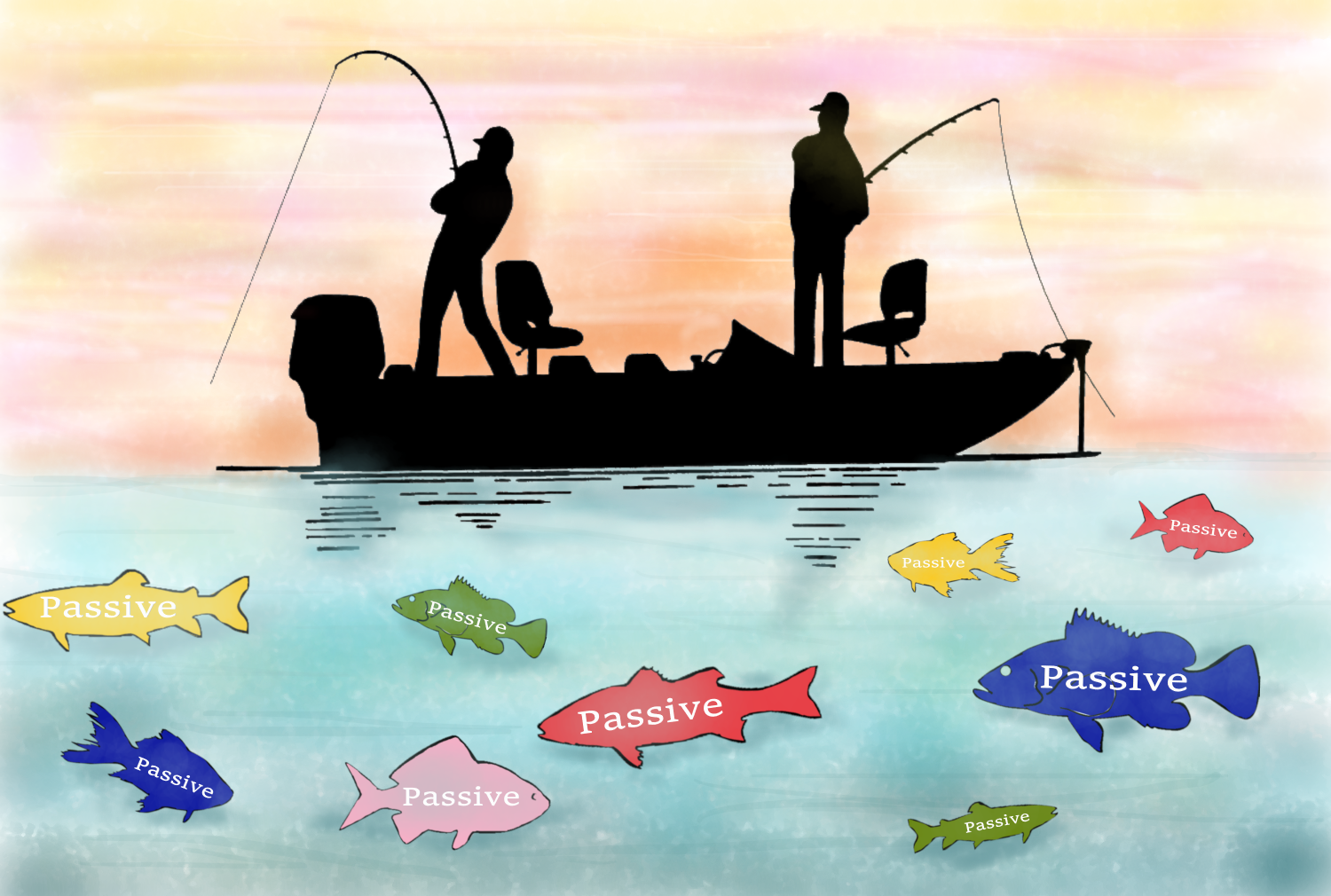By Jack Soh of Kalpha. This post was originally published on Kalpha.io. Check them out and start learning and sharing!
Introduction by Kenneth Koh.
Being a recruitment consultancy, we frequently receive career-related questions. Many of these are from job seekers looking to change jobs and/or transition into a new career. We are always happy to share our insights on the job market and what job seekers need to do to obtain quality employment.
In today’s guest article, we discuss an issue that would be familiar to local youth: having your career path being heavily influenced or completely decided by one’s parents. Should we follow what our parents desire for us? What are the pros and cons of doing so?
We answer these questions and more below.
—
Hey, quick question. If you go against your parents’ wishes for your career and make your own career choices, are you doing the right thing? Should your parents be happy with you?
It is no secret that globally, occupations such as doctors, engineers, and politicians are frequently seen as ‘successful’. This is especially true in Asia. As a result, these jobs become the most hotly desired choices amongst parents for their children.
However, over time, children tend to develop their character, personality, along with their aspirations and goals – including their choice of career. As a result, in the eyes of their parents, swaying away from their ‘predetermined’ trajectory into the working world may mean disappointment and failure.
Over the years, I’ve heard statements from my peers, colleagues, and relatives that go something like this:
- “This is not something I want to do, but my parents….” (on their career)
- “If given a choice I will do something else besides my current job”.
Mind you, many of these folks hold high positions in their respective jobs.
From their grievances, I’ve derived some thought-provoking questions for you to ponder about:
- Suppose you are successful in your career, but dread waking up every day (due to work), would you consider yourself a success?
- If making your parents proud is your goal, are you proud of yourself if you have achieved that goal?
- If you have enough money to buy almost everything on earth, would you trade all that money for perfect health?
- If you force someone to do something against their wishes because you think that “it is for their good”, how will you feel if someone did the same to you?
I’m sure these questions are very relatable, for those of us who have grown up getting pressured by our parents to go down a path they decided for us. Let’s explore why parents think the way they think. I hope that reading this inspires you to take charge of your career path.
Origins to parental influence
Success
A major factor that influences the happiness of one’s life is their career. And every parent wants the best for their children. As a result, it is no surprise that parents are inclined to push their kids towards their predetermined version of ‘success’ from a young age. However, this definition of success is solely based on their perception, and usually ignores their children’s interests and choices.
Ego
In my opinion, “bragging rights” is certainly a good reason why parents would influence their kids towards certain professions. This is a very Asian thing: parents like to compare the “successes” of their children amongst one another.
It is relatively common to see parents huddled around a table, talking about their children and showing off. From personal experience, being able to say their child is a doctor, engineer or lawyer appeals to the ego of these parents and subsequently annoys other parents with ‘less successful’ children.
The real victims are, however, children who get persuaded into doing a career that they do not enjoy.
Following in the same footsteps
A family legacy may be a motivating factor for parents to shape their kids’ choice of profession. When one achieves satisfaction and success in their career, they will often have a positive bias towards their profession. Therefore, they will tend to push their ideology upon their children to take that same direction. As a result, this becomes a suffocating influence on their children to take on the same path in their career.
Aftermath
A popular quote is that if you do what you love, you will never work another day in your life. So what happens when you do what you hate? For all the positivity that comes out of being in a career that you truly love, there are also negative consequences that stem from being in a career that you hate. This usually gets worse when you’ve been forced into the career by circumstances that you could have controlled but did not (Eg. Not ‘fighting’ your parents on which career path to take just to make them happy).
Less efficient work
When someone is in a field because their parents pressured them into joining, I would expect them to be rather unmotivated. After all, if you dread going to work when you wake up every morning, the side effect of that would probably be a lack of interest and focus at work, which naturally translates into just trying to pass the time at work and not achieving anything significant.
As a result, career fulfillment and promotion prospects are not things that you even aim for, much less achieve.
Failure to attain success
When you do not put your heart into your work, it is very difficult to find the motivation to excel at it. As a direct result, most people who do this will find making a name for themselves a futile dream. This is likely to be worse for those in the corporate world, where climbing the corporate ladder is a nightmare in itself without the unnecessary burden of hating your job.
And very often, being less successful in a field as compared to your parents’ friends’ kids is a death sentence in the eyes of these competitive parents, who tend to compare the successes of others with that of their kids.
Unnecessary pressure
A popular (but inaccurate) quote goes: pressure turns coal into diamonds. What it does not tell you is that excessive pressure is crushing and terrible for mental health.
When there is a lack of interest at work, accomplishing tasks might seem like huge obstacles. The pressure of performing well at work to make your parents happy, compounded with the pressure put on yourself to make your parents happy, and the fact that you do not enjoy your job will undoubtedly affect your work quality. This naturally leads to dissatisfaction from your superior, which adds more pressure on you to perform and this vicious cycle simply goes on.
Work Errors and Job Loss
When one works without passion and interest, the tendency for work errors is usually high. This is due to negligence stemming from a. lack of interest in the work given.
The future is bleak for those whose work quality and commitment are not up to par; job loss is a very real concern for these folks.
Note to Parents
The influence of parents can be both positive or negative in choosing the career of their children.
It becomes positive when parents act as guides to life in allowing children to follow their decision and dreams and helping them along the way but swings the other way when parents try to control their children’s path.
In general, a person that is doing something they love is more likely to be happier and more successful than someone doing something that they dislike. Of course, the word “successful” is very subjective and I am sure that parents and children will have their very own definitions of that.
Therefore, the role of parents is crucial as a guiding force rather than a controlling one in the lives of their children. They should understand the needs and desires of their children instead of pressuring them to conform to their ideas which may hamper their kids’ abilities for growth.
For every parent who believes that they know what is best for their children, I am fully convinced that you have your child’s best interest at heart. But, I must emphasize that what you think is best might not always be what is truly best for your child. Whenever I hear a story of a controlling parent, my mind instantly jumps to these three phrases that I heard a long time ago:
Be involved, but not in control
Advise, but do not decide
Support, but do not dominate.
Your child’s life is their own and they should be allowed to walk their path as long as it makes them happy.
Note to Children
As for the children who have been forced down a career path that they do not like, it is truly up to you to fight for your happiness and future. Sometimes, the hardest decisions that we make are the ones that make us truly happy.
Do what your heart tells you and fight for your happiness!

















